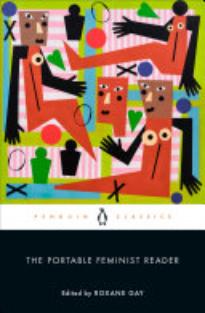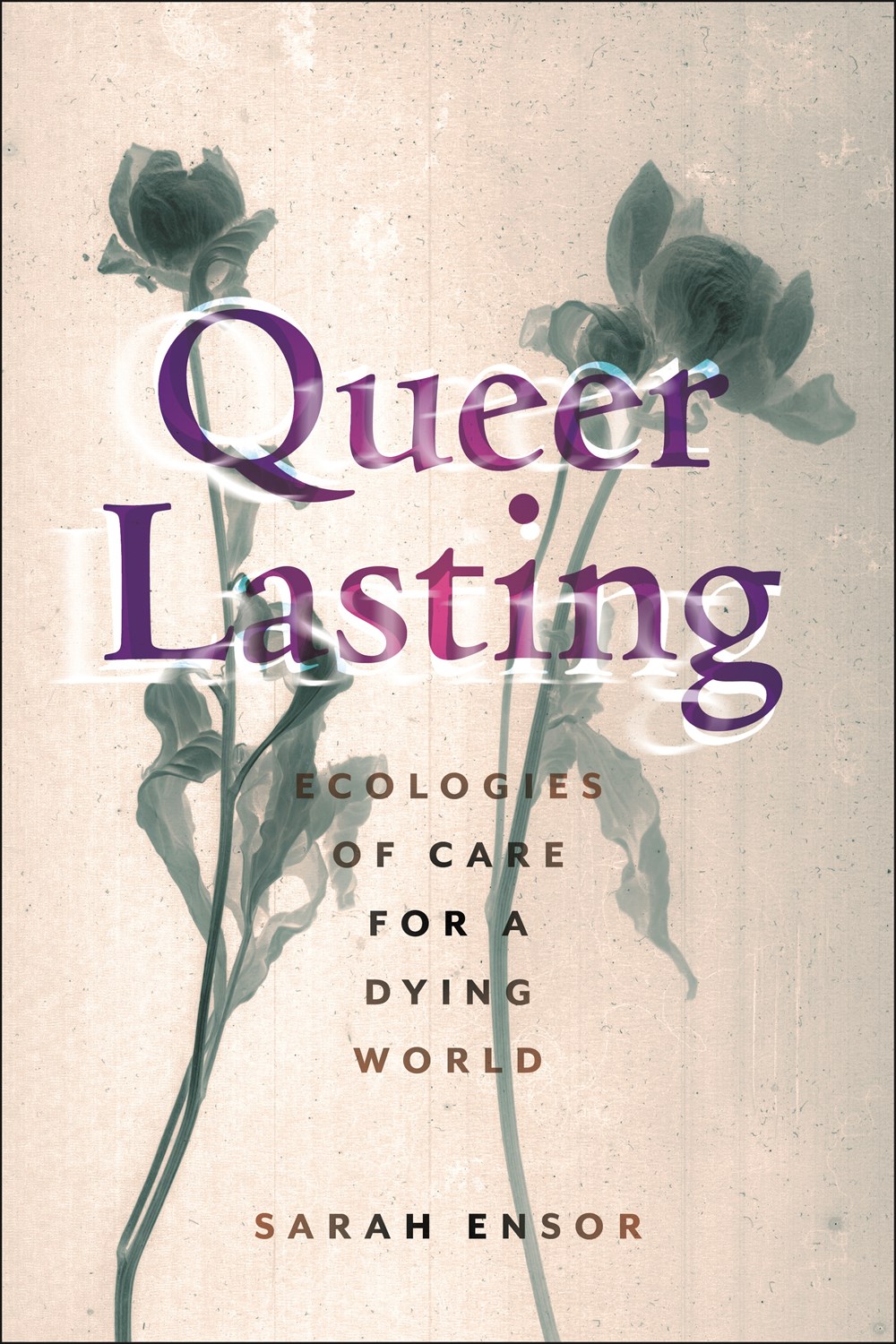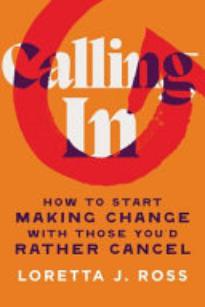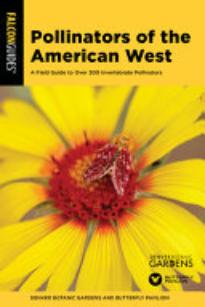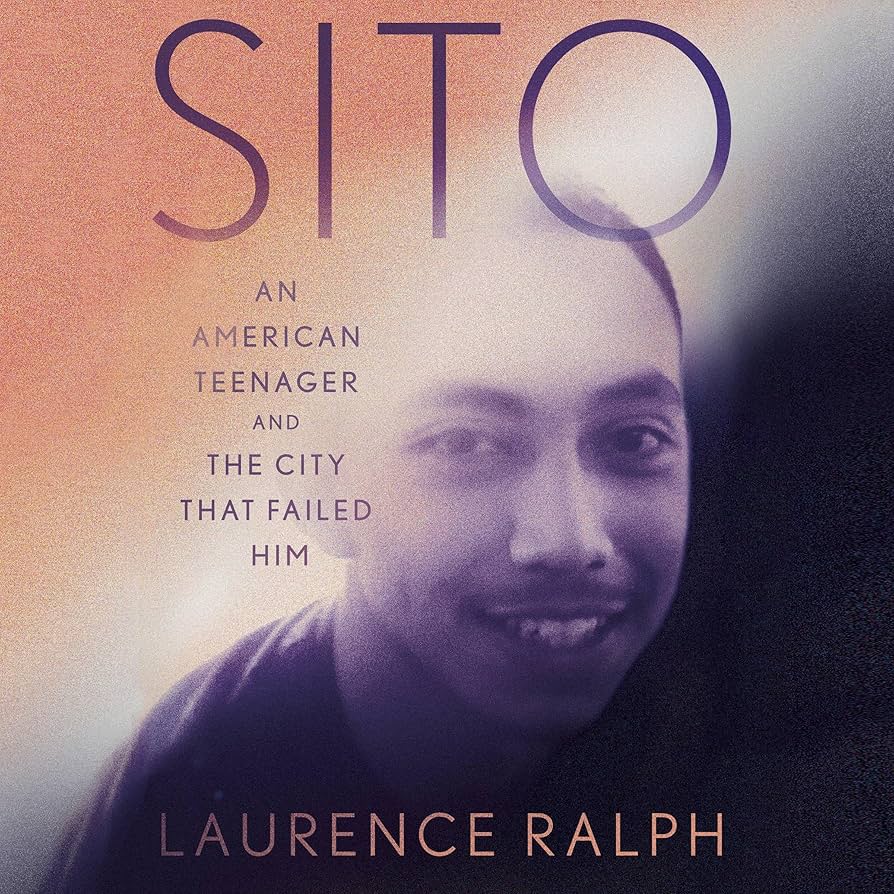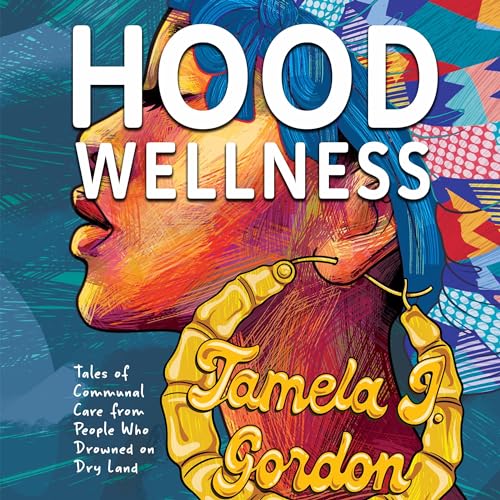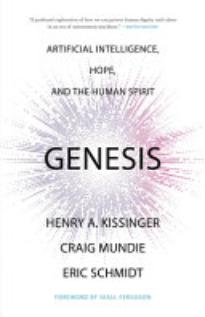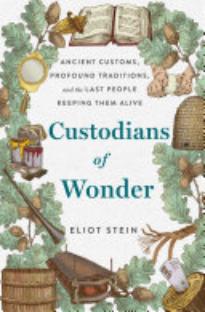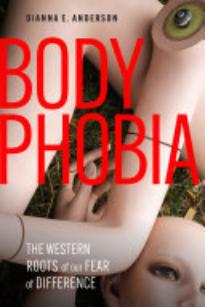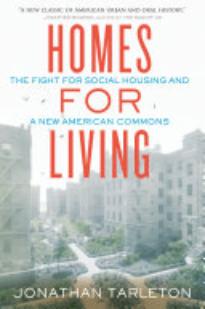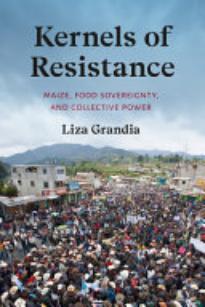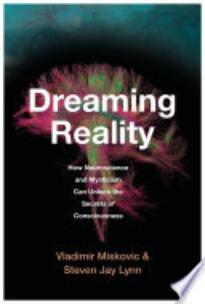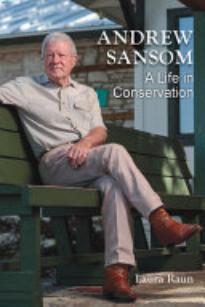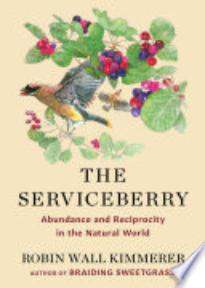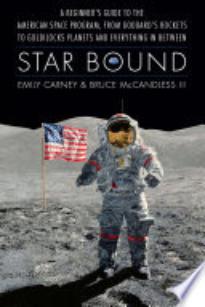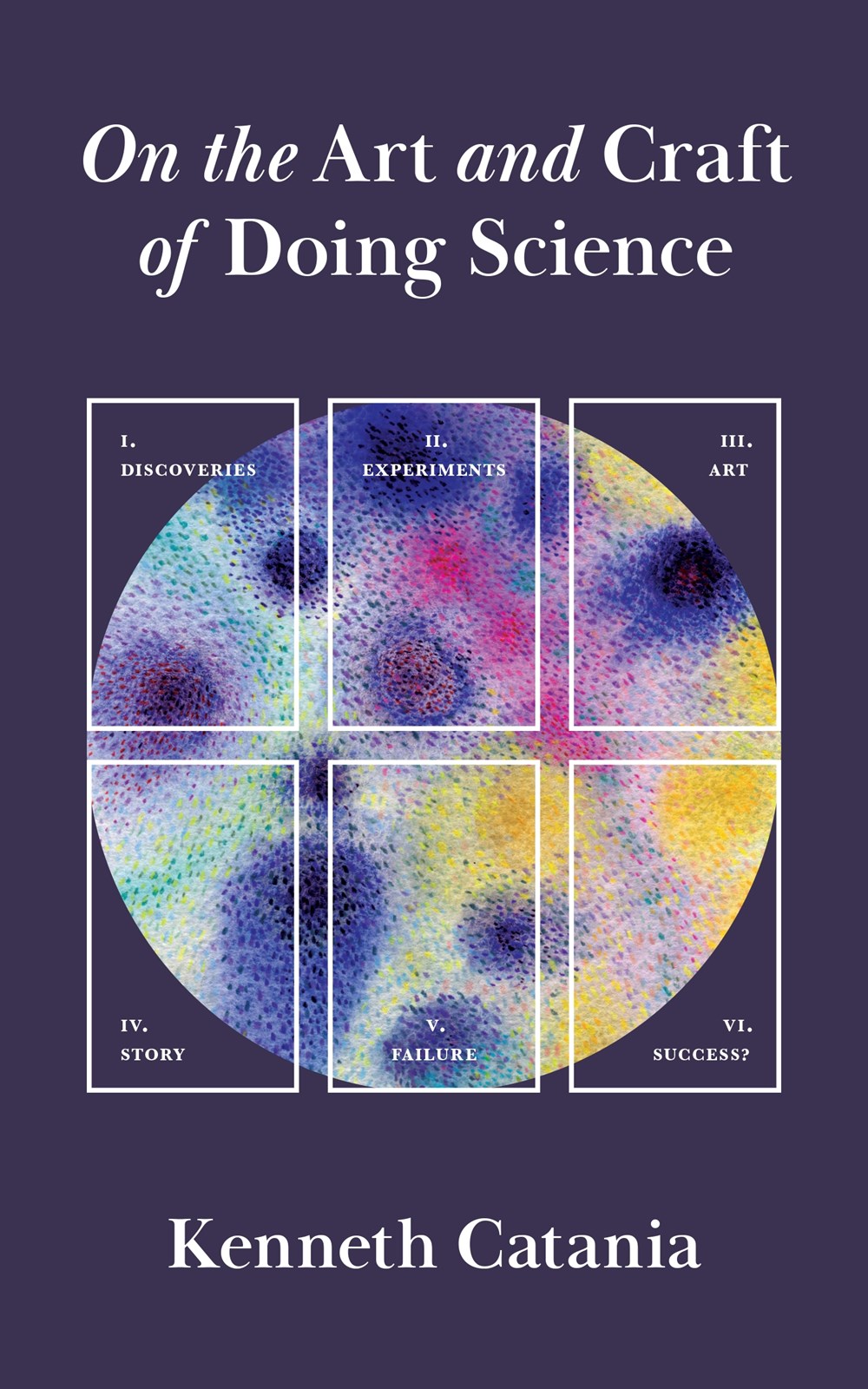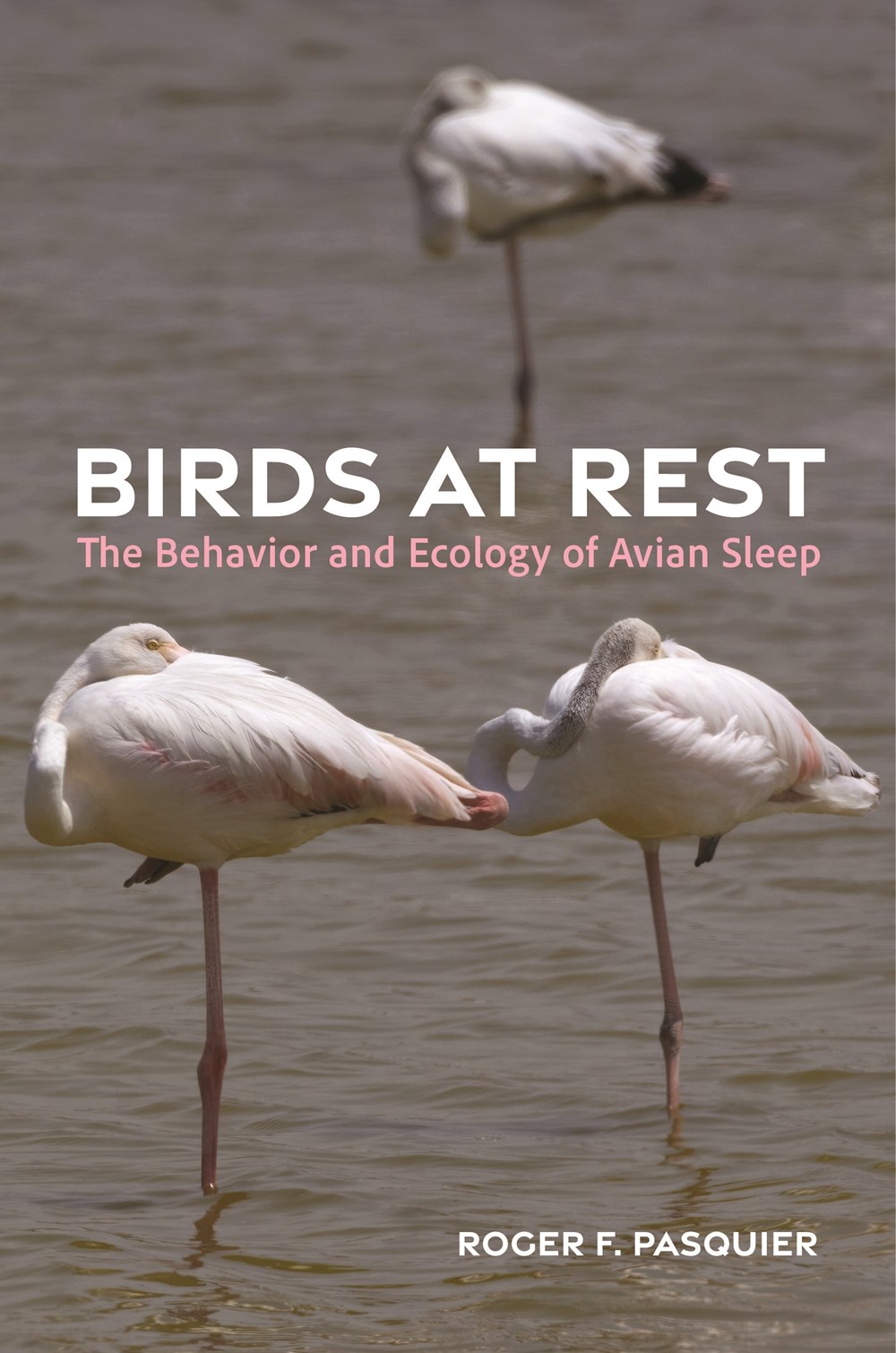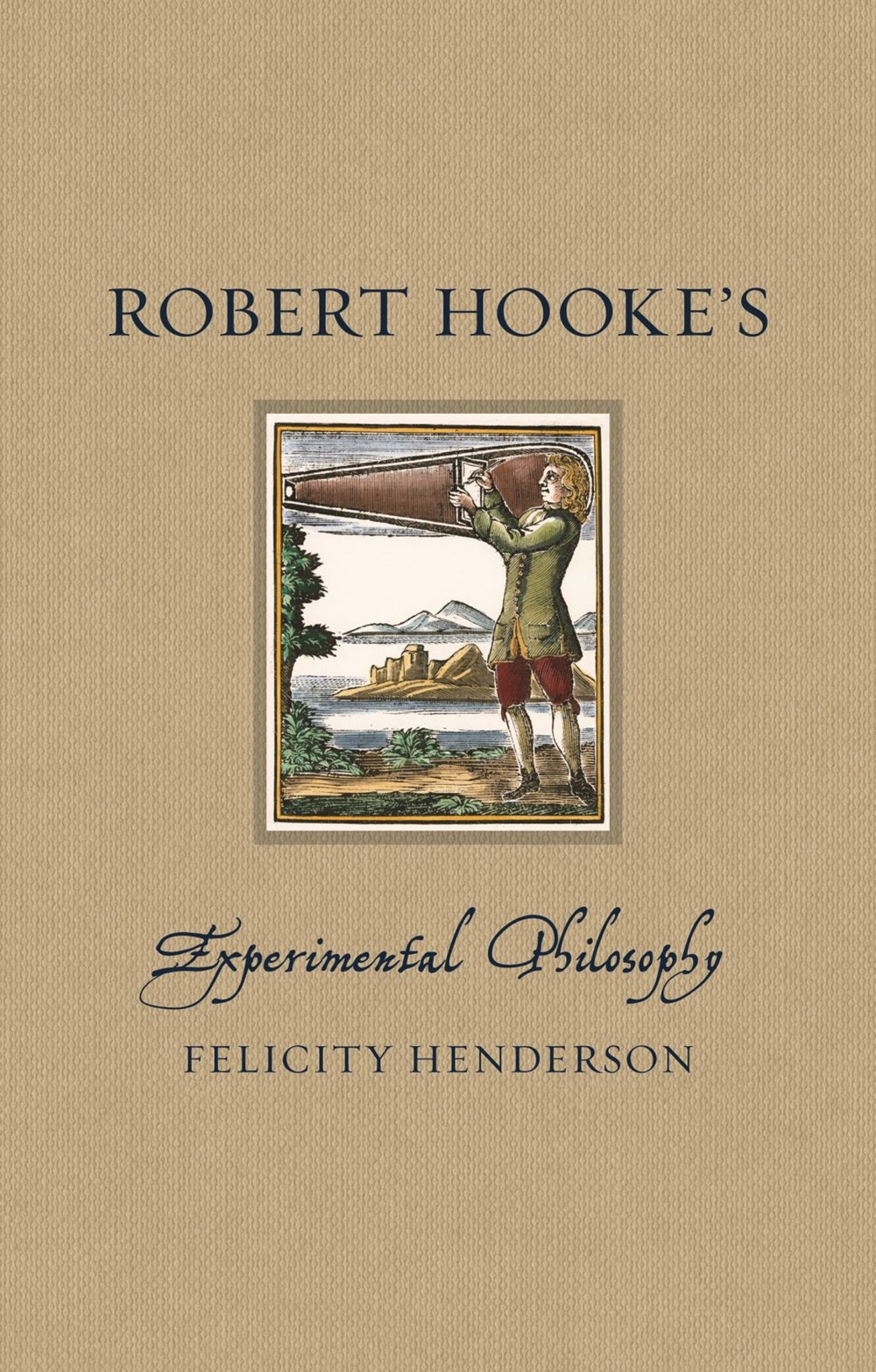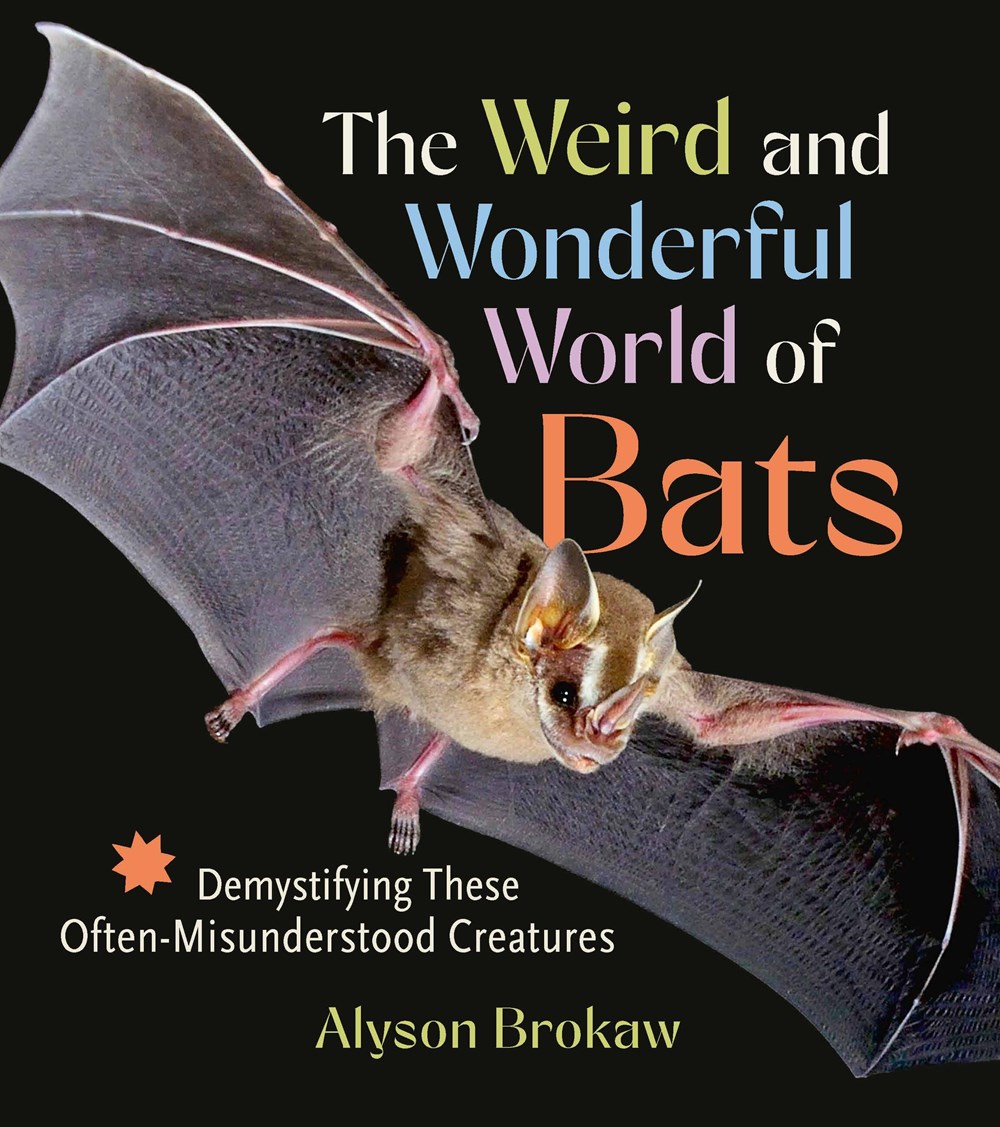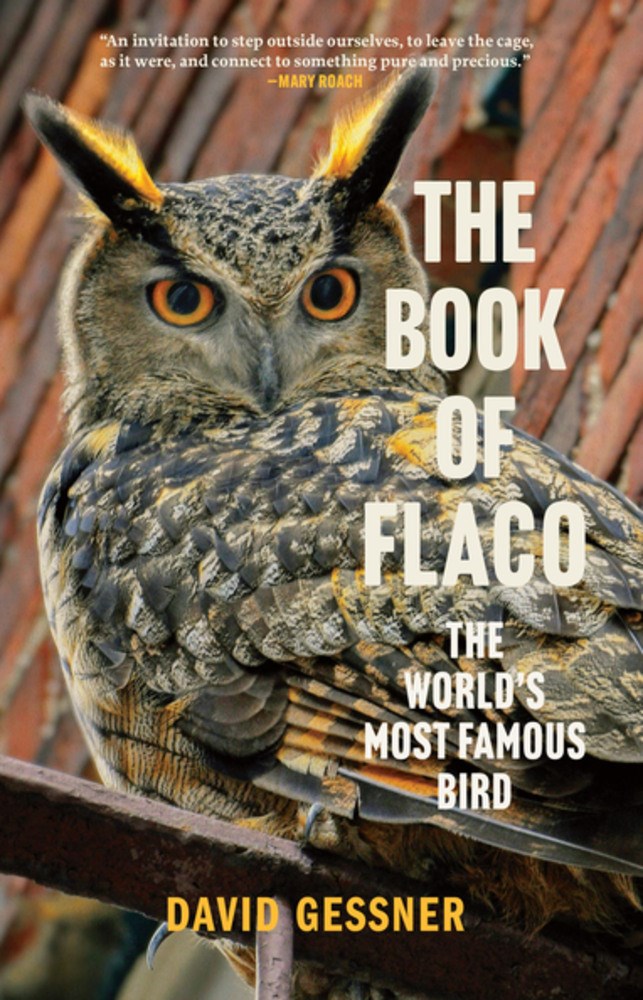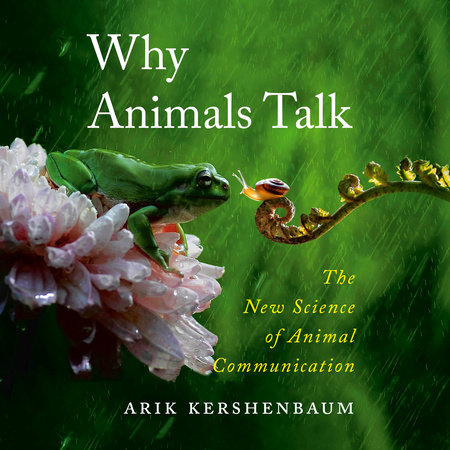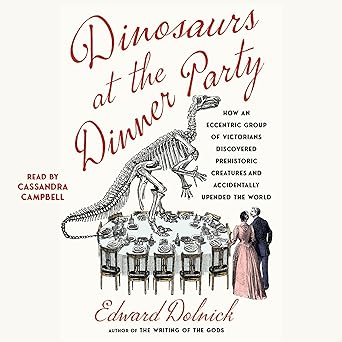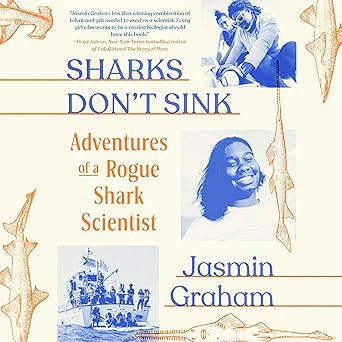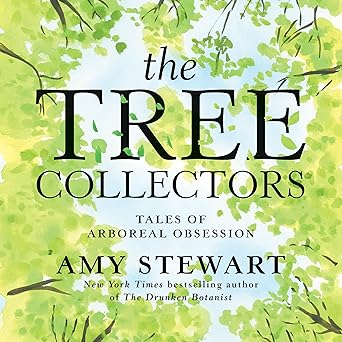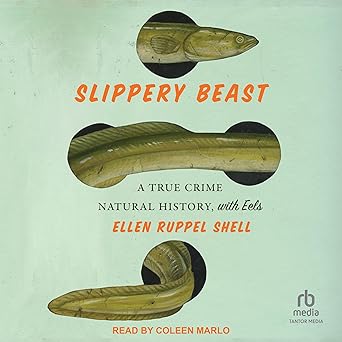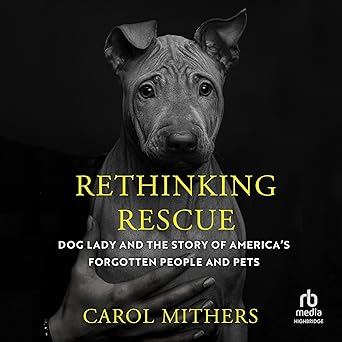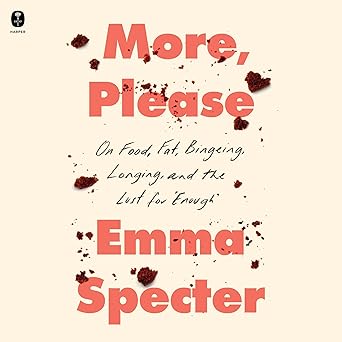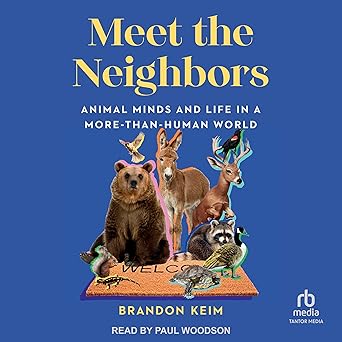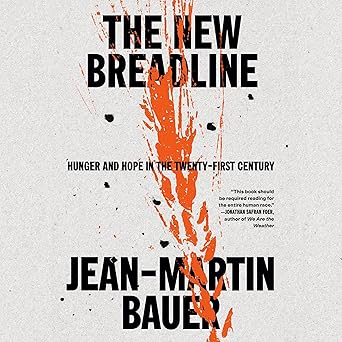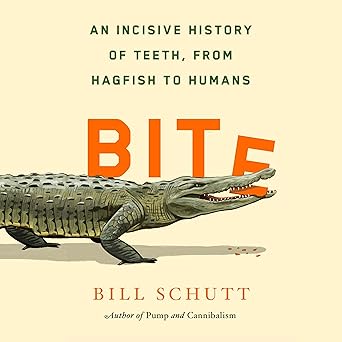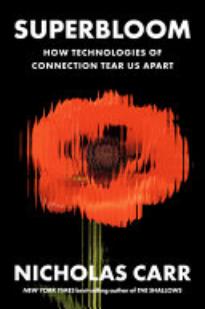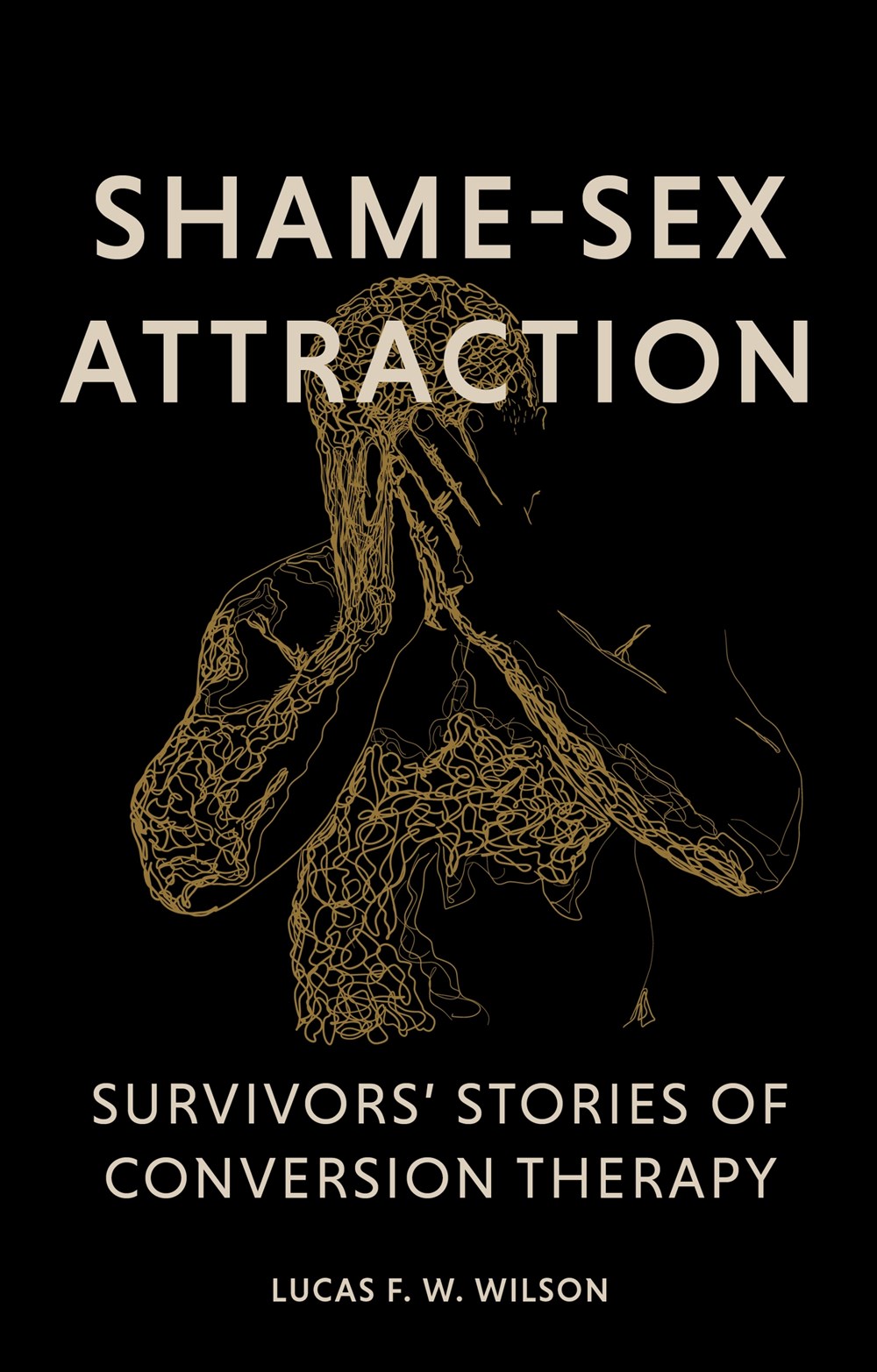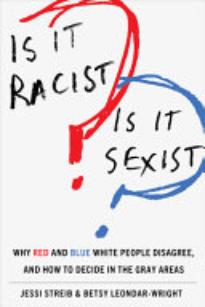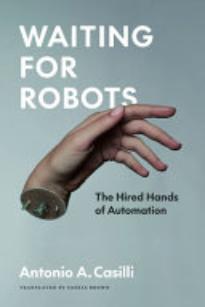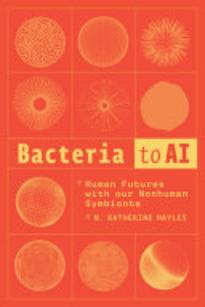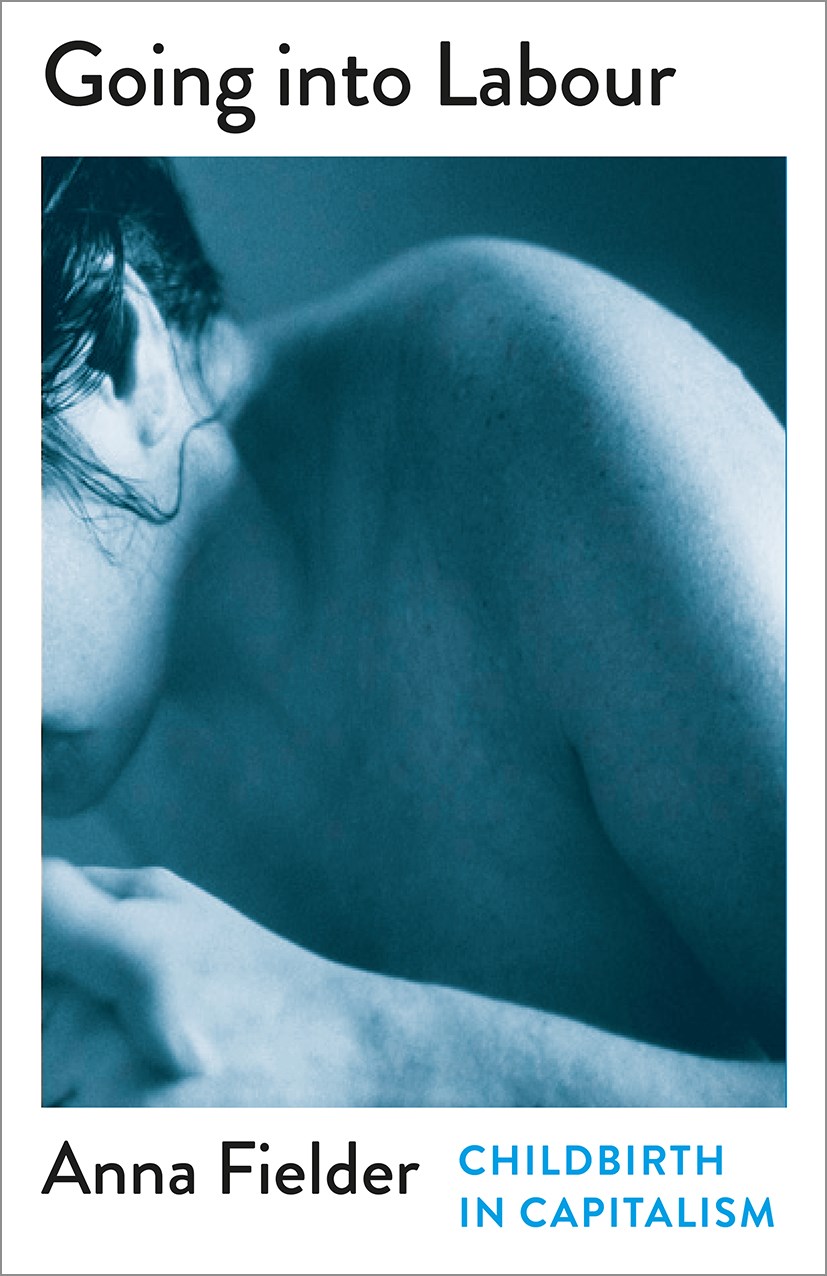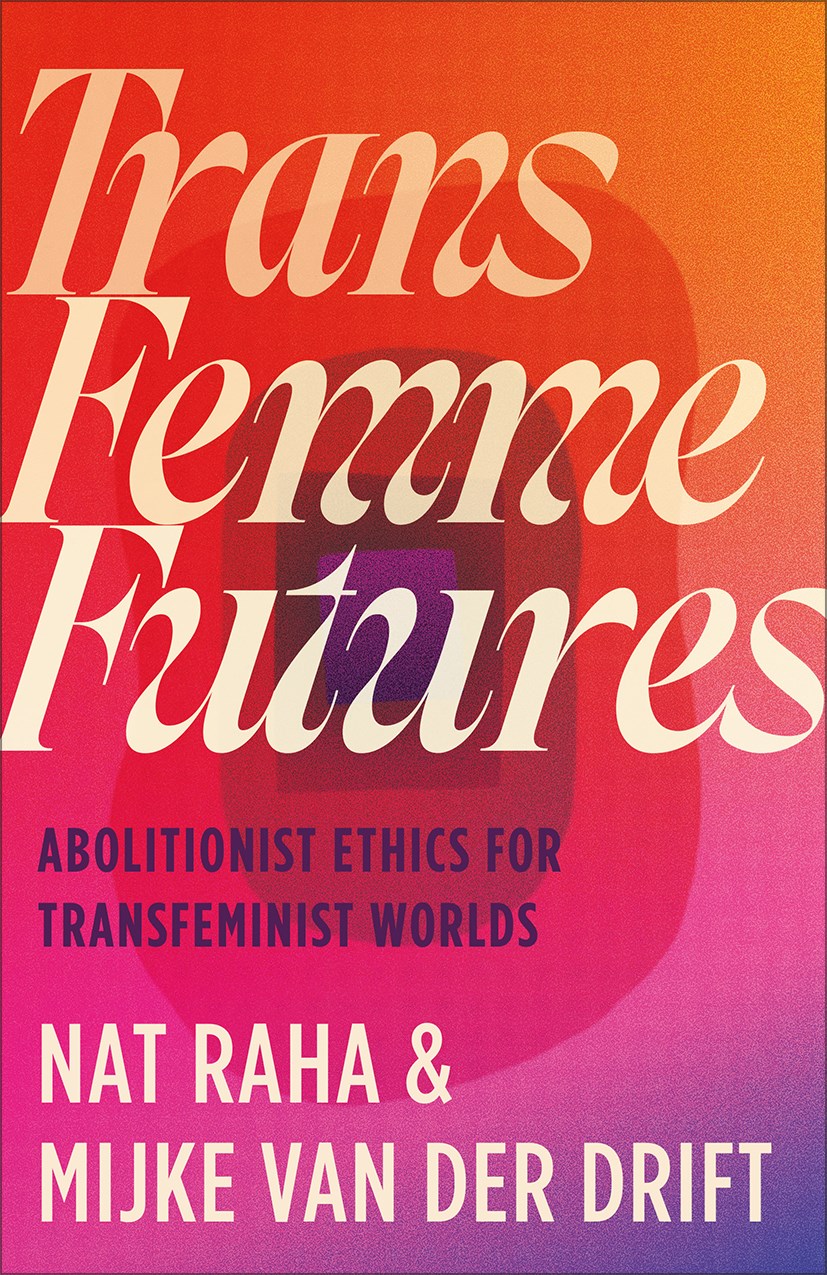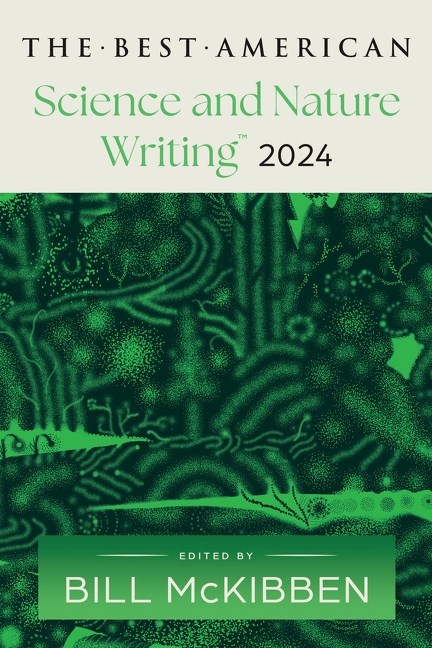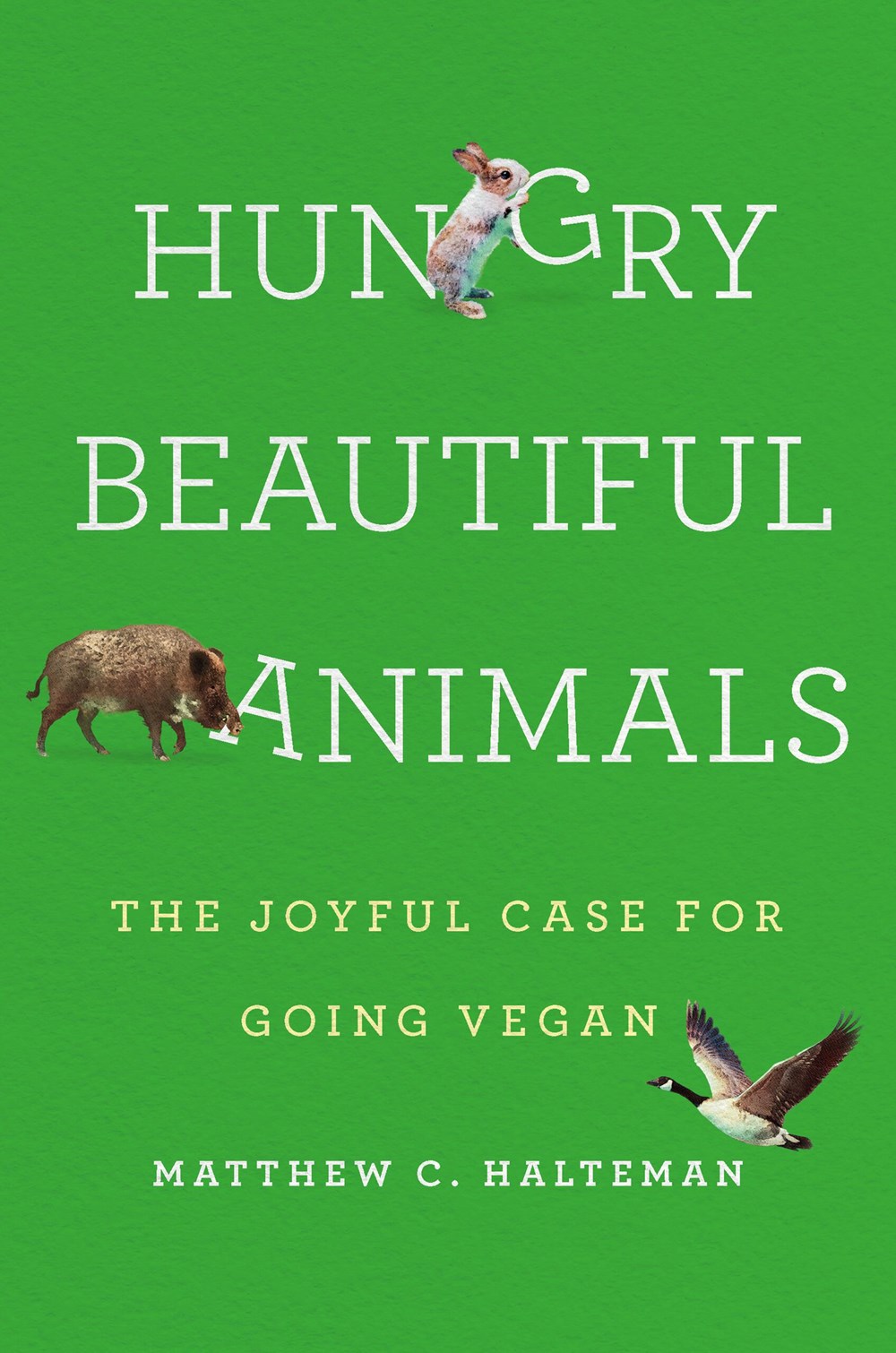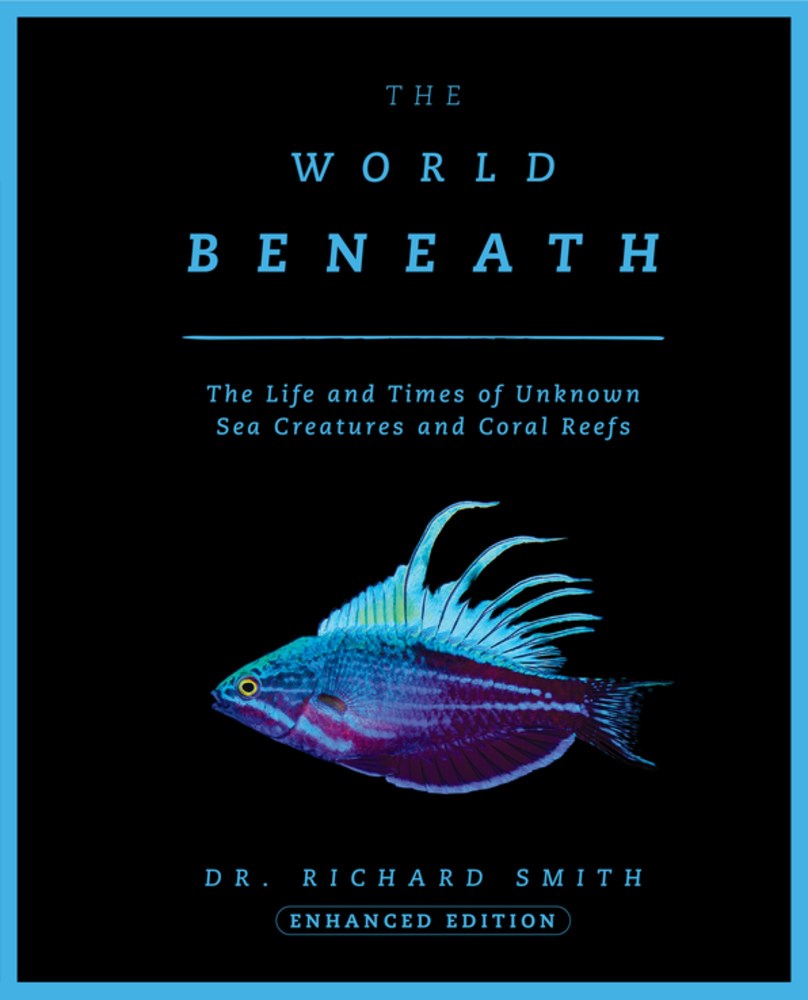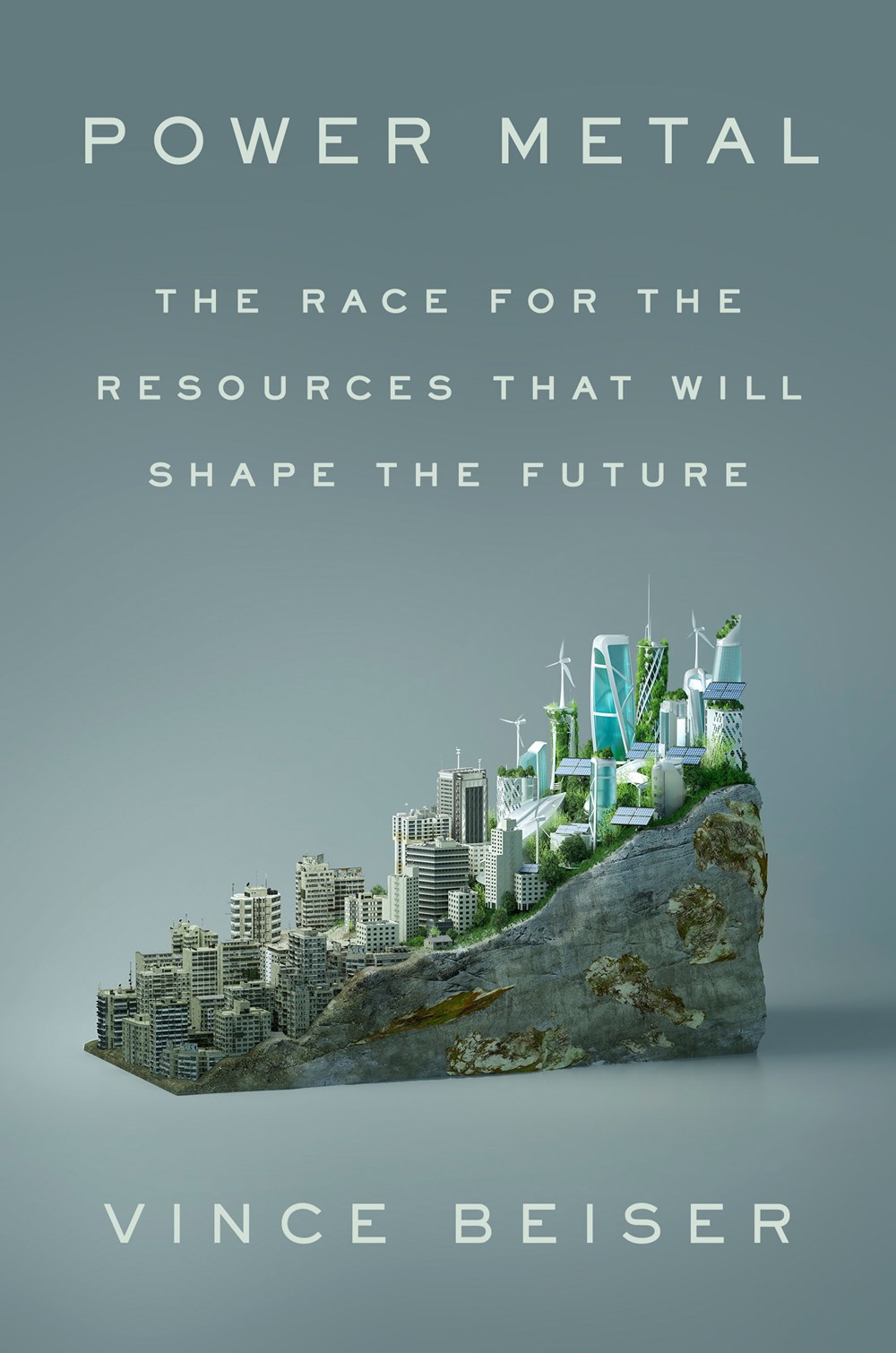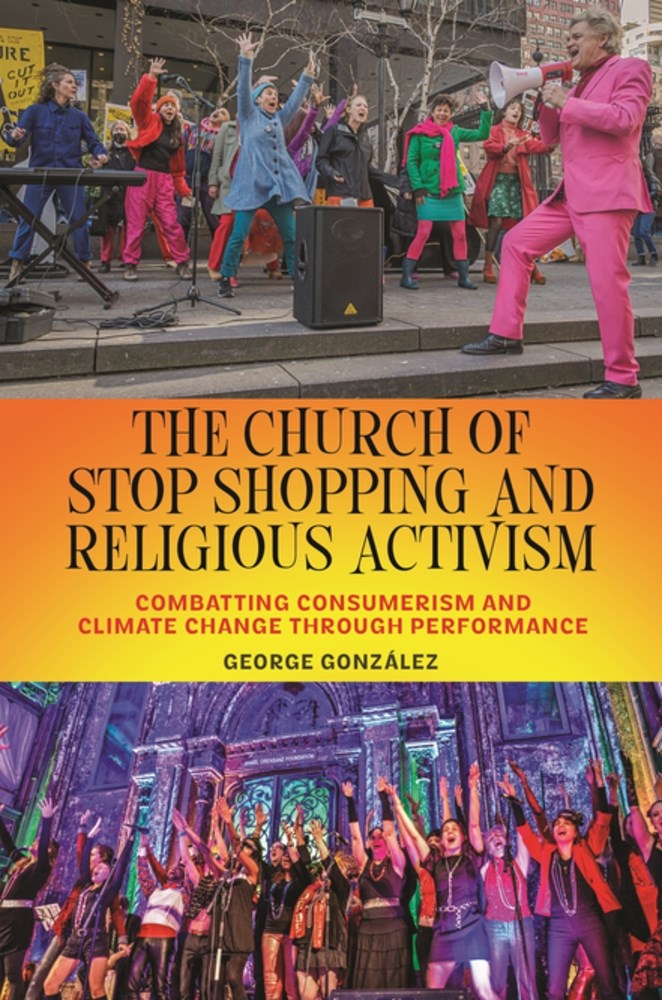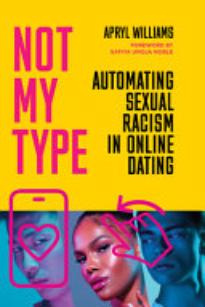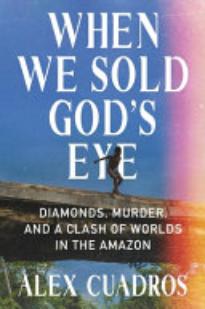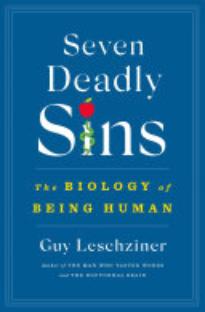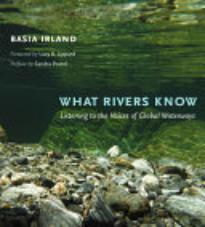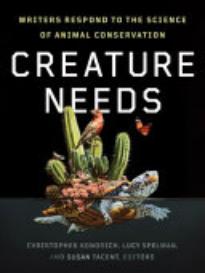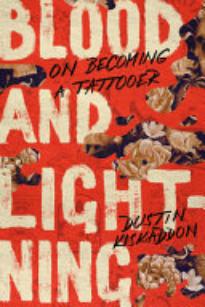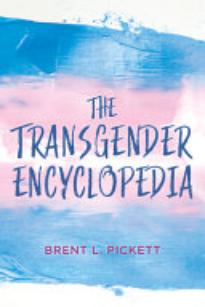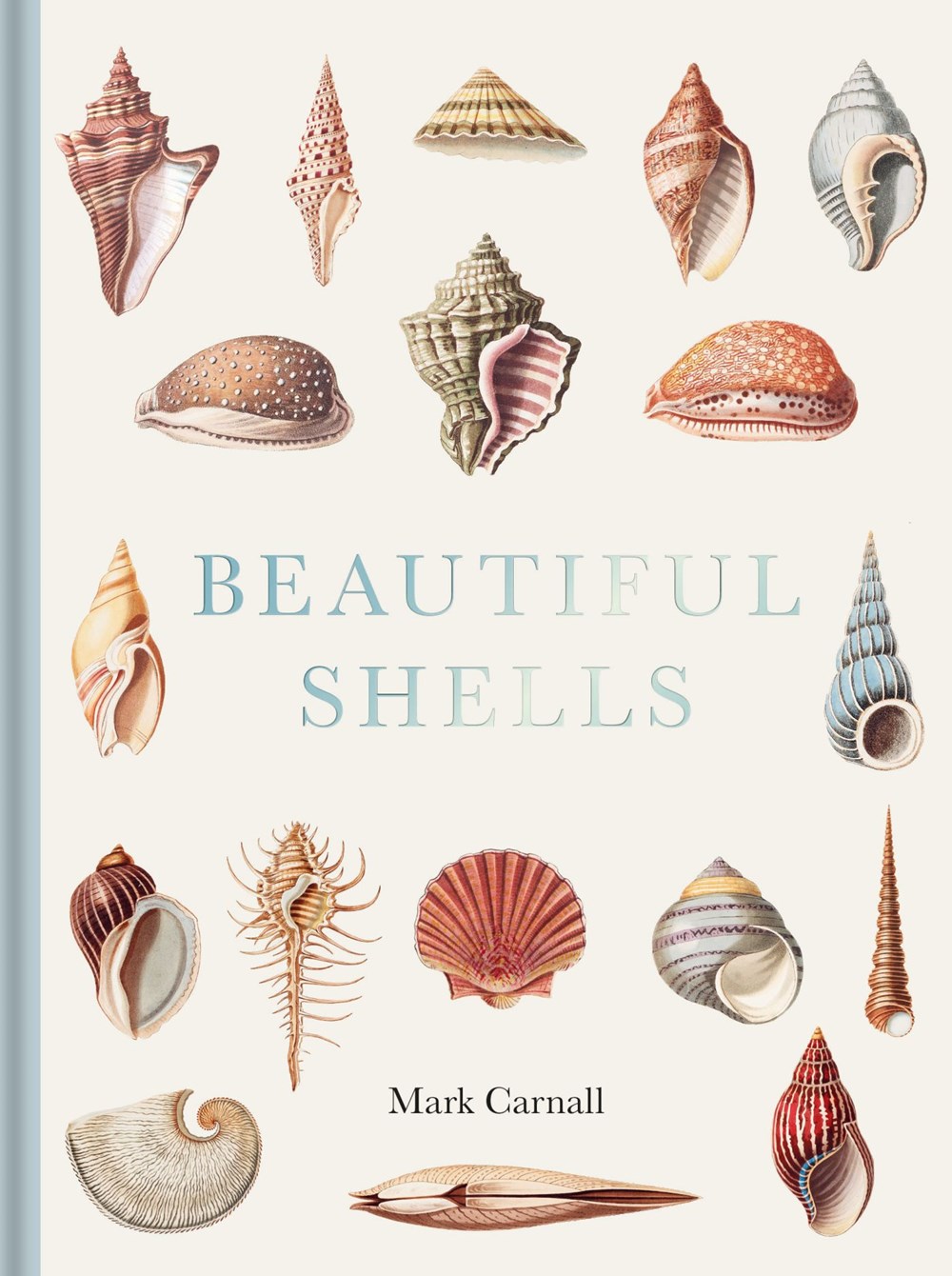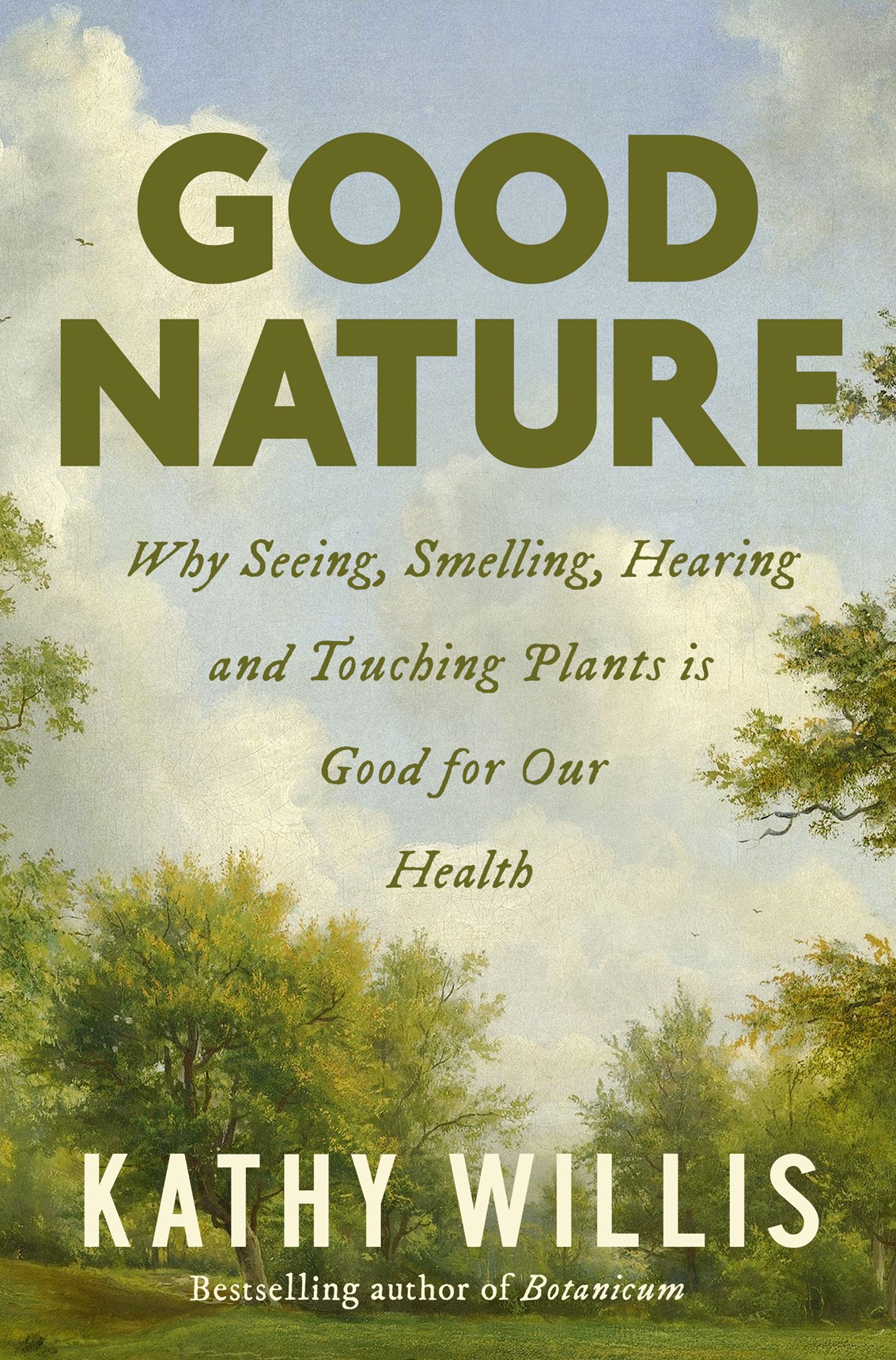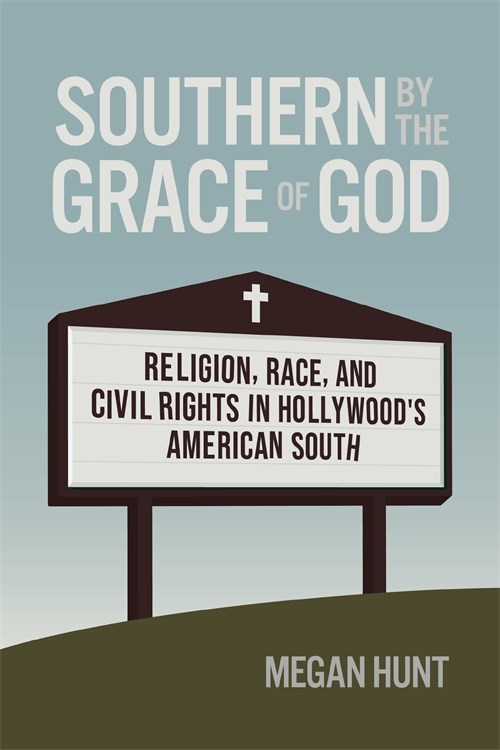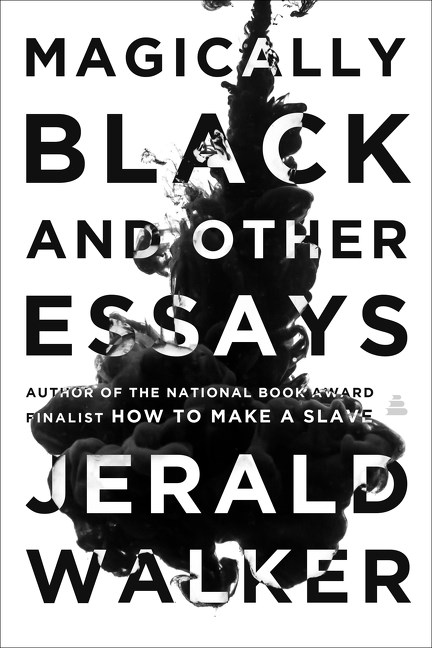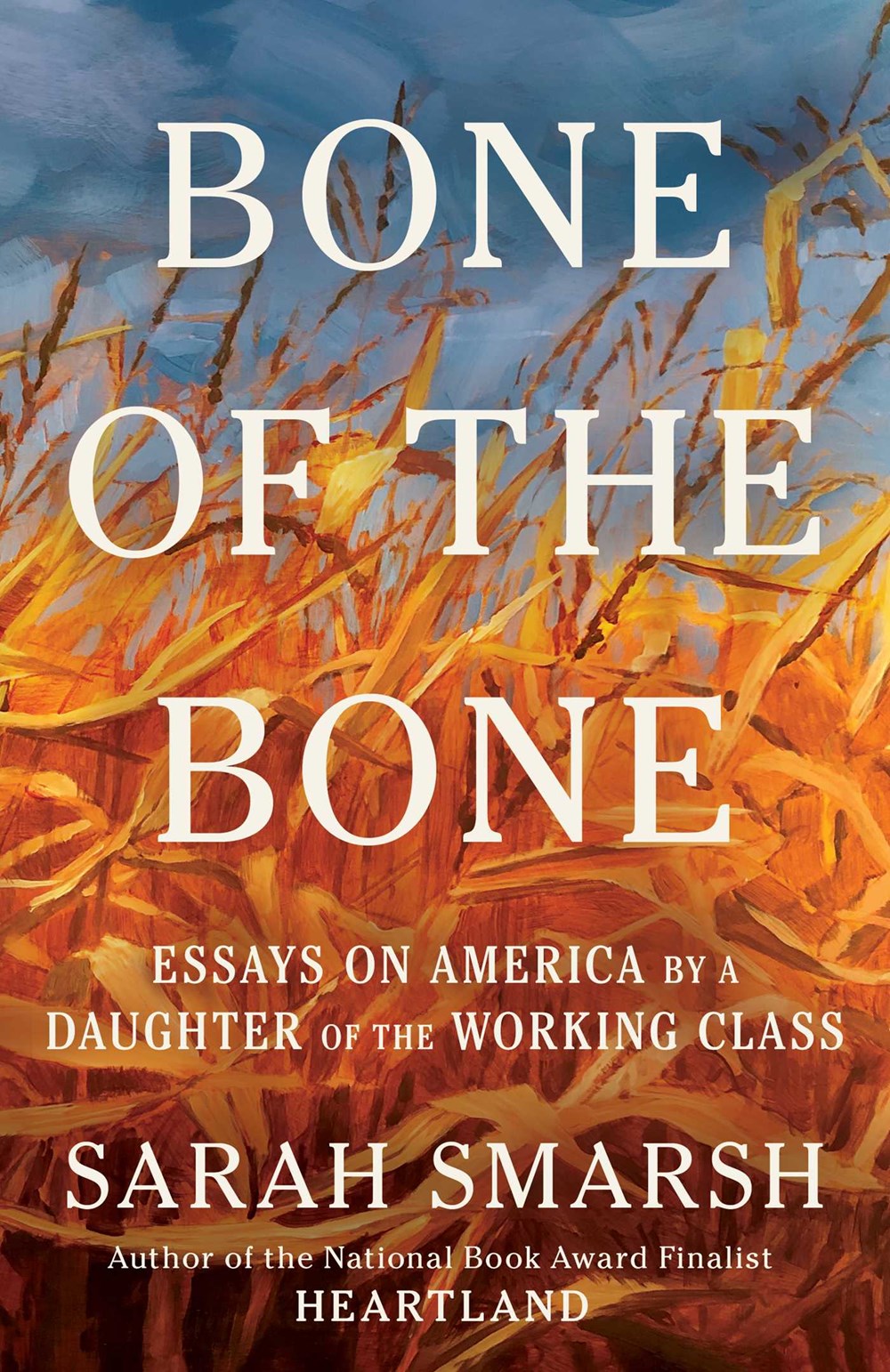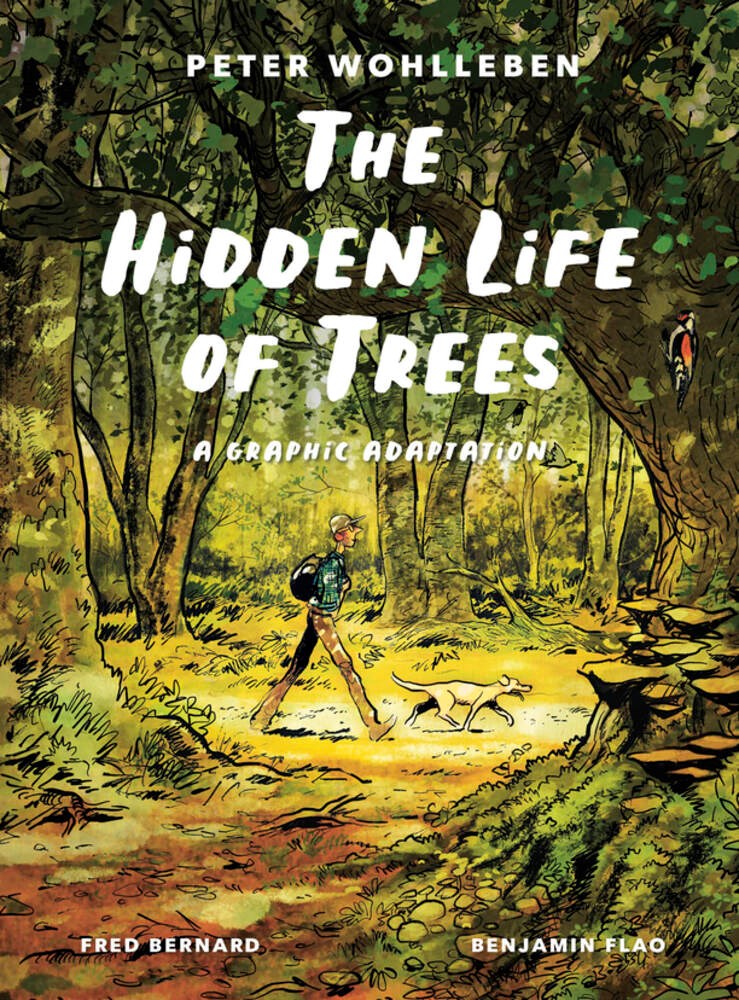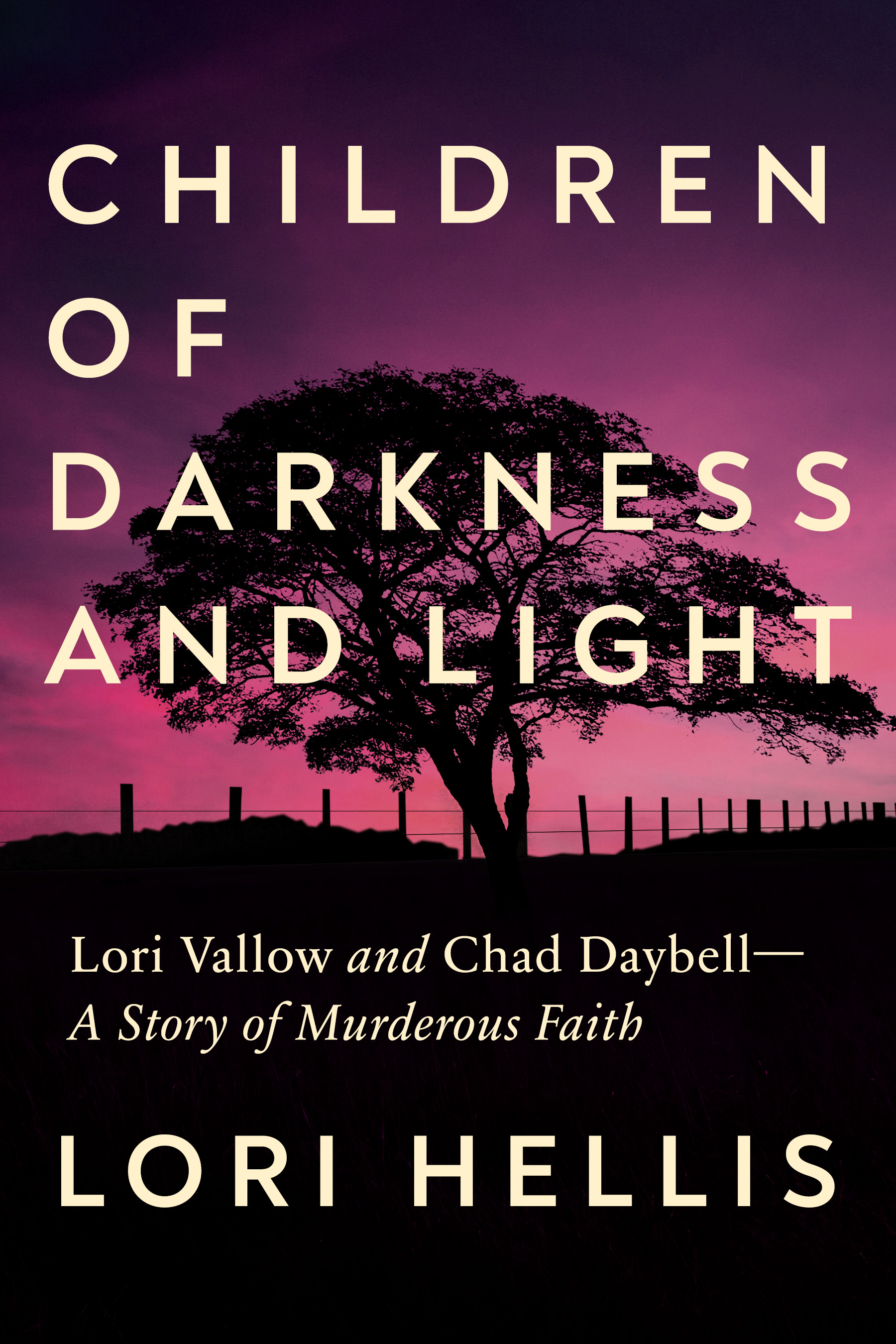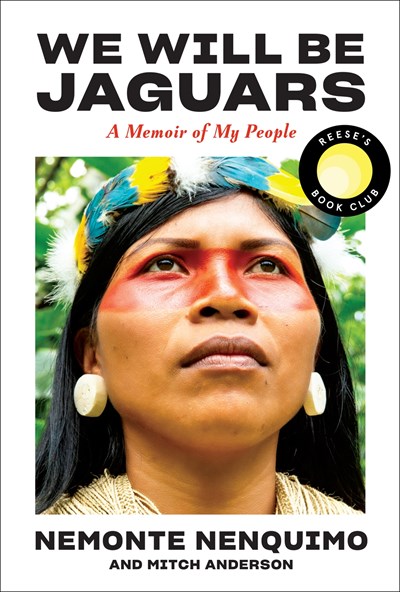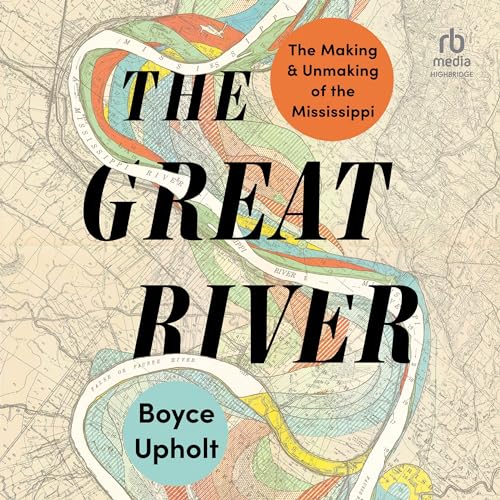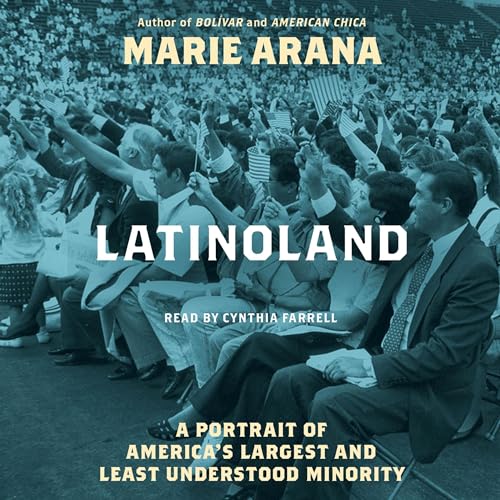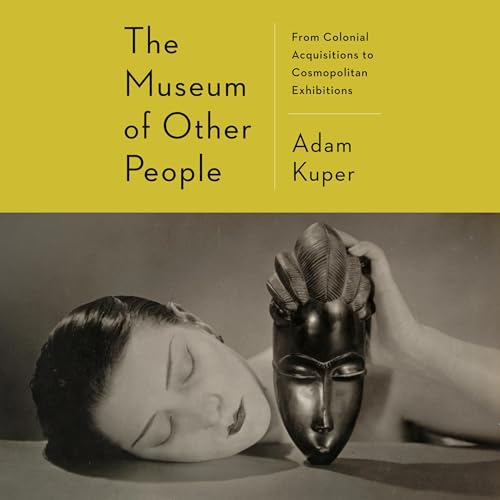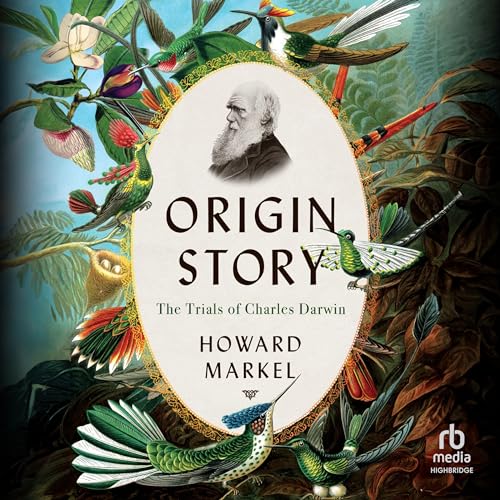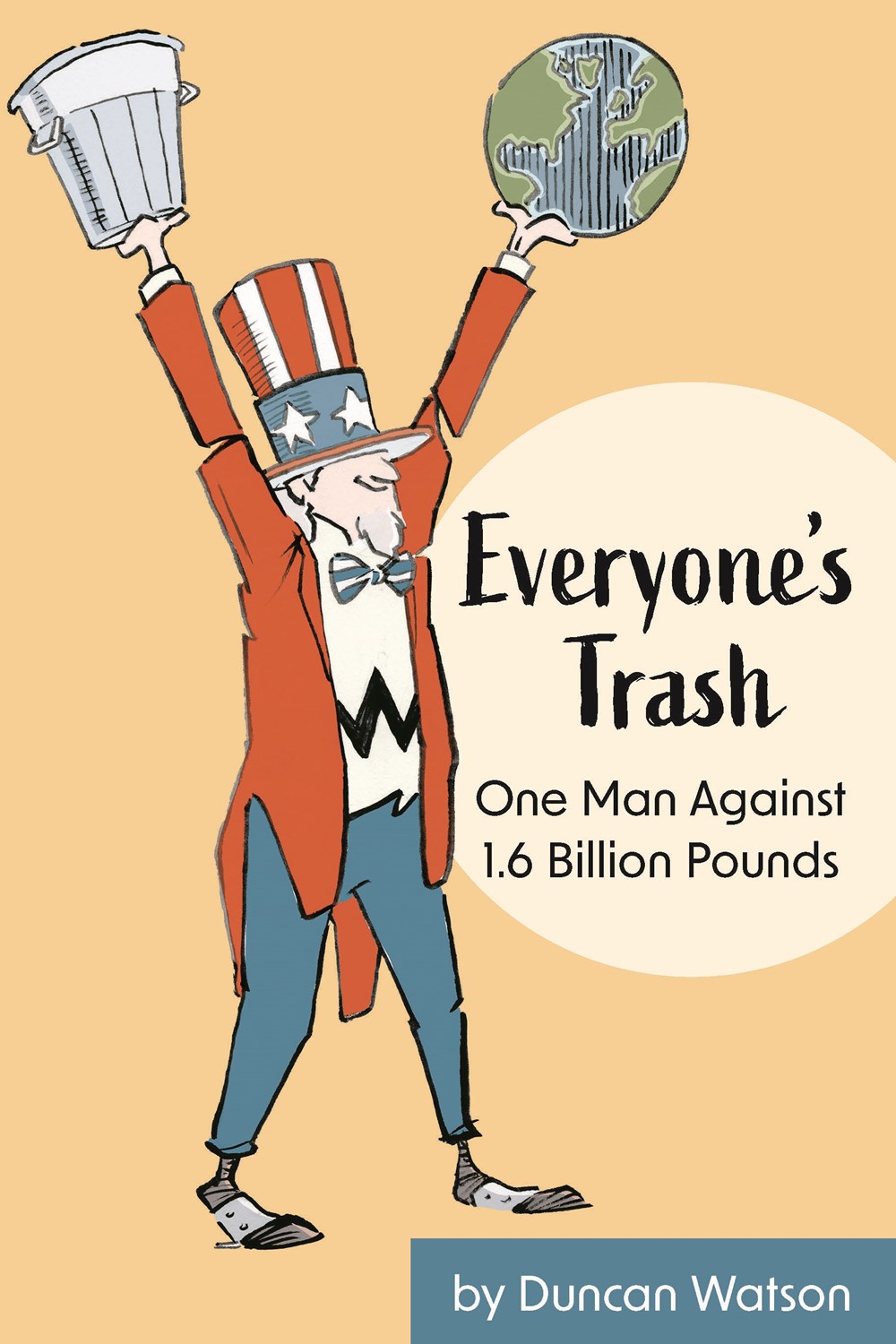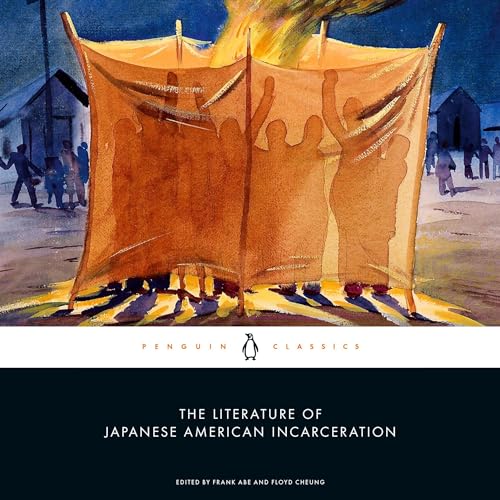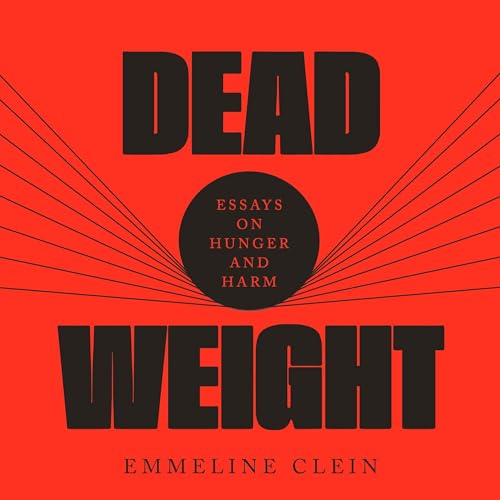Related
Worth picking up for Gay’s introspective yet inclusive introduction alone, this new collection provides accessible entry points into feminism and offers even advanced scholars new ways of viewing the complex, intersectional histories of feminist thought, literature, and action.
This compelling, evocative book expertly centers queer writing and resilience to imagine new approaches to living during environmental crises. It’s an excellent choice for scholars, students, and general readers of queer studies and ecocriticism. Pair with The Queerness of Water: Troubled Ecologies in the Eighteenth Century by Jeremy Chow.
This is a highly recommended, necessary read for anyone who finds themself grating against those with different political beliefs. Ross’s book has plenty of potential for discussions and healing relations between friends and family and maybe even strangers too.
Full of insightful information for readers wishing to learn more about pollinators, this field guide is a valuable resource. It will especially delight entomology and ecology enthusiasts, along with residents of the western regions of the U.S. and Canada who are curious about the pollinating insects that live in their area.
A vital study of retributive, rather than rehabilitative, justice that should reach a wide audience across all formats. An essential purchase.
A candid exploration of beauty, sexuality, illness, and aging viewed through the lens of one who has struggled to be good to her own body following crisis. This moving account of Gordon’s insights and commitment to treating Black trauma rings with intimacy, authenticity, and compassion.
The authors assert that humans must immediately form a position to properly integrate AI into their lives, and they argue that humanity has no other option. Some readers, however, may find that the book never quite moves beyond the realm of hypothesis.
Beautifully written, well researched, and unusual in breadth, Stein’s book ensures that these custom keepers will not be forgotten.
An absorbing study of how the body is viewed in U.S. culture. Recommended for readers interested in body image, religions, and the intersection of the two.
This book might seem relevant only to residents of places with legislation similar to Mitchell-Lama, but it expertly offers deeper insights into what drives the concept of community and how people view their personal interests in relation to the interests of their neighborhood.
This book offers a valuable lesson about the street protests and organizational efforts between rural and urban groups to fight the Monsanto law, which was overturned soon after the protests. That’s one of the many factors that make this book a powerful, hopeful work.
Fascinating and thought-provoking, Tompkins’s book will benefit academic or research libraries, along with readers who enjoy works about cultural or food studies.
This thoughtful conversation on consciousness prompts questions as much as answers. A great recommendation for readers who enjoy works about applied philosophy or nonfiction that challenges them to ponder.
This essential biography holds valuable lessons for teams and leaders working for change in their communities.
A sweet meditation and call to action that’s enhanced by Kimmerer’s characteristically clear and evocative prose. For good neighbors and gift givers everywhere.
With Carney and McCandless’s breezy style, this enthusiastic and accessible history will engage the curiosity of both general readers and seasoned space enthusiasts alike.
With her 10-plus years of experiences on Shetland and other islands, Huband’s descriptions of her wanderings are healing and vital. Highly recommended for nature and travel readers.
The book is clearly directed to budding or novice scientists and loaded with advice on how to improve their scientific skills and communicate better with the general public. Recommended for all academic libraries.
A fascinating look at this least-observed avian activity, for birders, conservationists, and researchers.
A highly detailed book about Hooke and his significant contributions to science and research; includes numerous historical illustrations, a bibliography, and references. Best for scholars.
An engrossing and accessible primer for general readers curious about bats. By the end of the book, readers will likely develop an appreciation, and possibly affection, for these much-maligned beings. The photos are absolutely adorable.
A surprisingly interesting take on a subject matter that has been examined many times before. The audio’s ability to add so much more experience of the subject matter makes listening to the book a much better experience than reading it. This excellent addition is a fun lecture that changes the way listeners will look at (and hear) animals.
This audio will appeal to listeners seeking thorough, thought-provoking science writing about eclectic Victorian-era paleontologists. Recommended for fans of richly detailed natural-history nonfiction, such as Roy Plotnick’s Explorers of Deep Time.
Despite some audio imperfections, this debut memoir delights, offering a compelling story about science and passion, as well as fabulous information about sharks.
Amusing and irreverent, this survey of obituaries, death rituals, and the funeral industry is a perfect recommendation for podcast fans or those who enjoyed Mary Roach’s Stiff or Sarah Murray’s Making an Exit.
A window into the lives of people who take great joy from trees. Recommended for listeners who love nature and science or those seeking a deeper connection to the environment.
This audio will appeal to listeners seeking a blend of marine biology and business nonfiction and makes a convincing case that the fate of eels is reflective of and entangled with the fate of humankind. Recommend to fans of John Long’s The Secret History of Sharks.
Despite its narration issue, this is a must-read for both professionals and general readers seeking a deeper understanding of binge-eating disorder.
Bauer accessibly, if bleakly, conveys the scope of today’s global food crisis and recommends the systemic change necessary to solve hunger. Recommended for larger collections, both public and academic.
An interesting and informative look into all things teeth, perfect for fans of Bill Bryson and Mary Roach.
PREMIUM
We the Poisoned: Exposing the Flint Water Crisis Cover-Up and the Poisoning of 100,000 Americans
Listeners will find this a disturbing, eye-opening, cautionary tale, and it is a worthwhile purchase for libraries.
Insightful, but not as revolutionary as The Shallows, as Carr is now one voice among many warning about social media.
A challenging read, but incredibly well-written. This book will be an asset to any library’s LGBTQIA+ collection.
This recommended philosophical exploration of the current human labor cost of AI deepens the conversation around the promise and future of this type of technology.
This profound book provides a valuable way of considering a future in which humans collude with nonhuman symbionts. Will appeal to scholars in disciplines ranging from philosophy and computer science to neuroscience and evolutionary biology.
Instead of laying out a political critique, Fielder makes capitalism’s role in childbirth feel personal, underlining the emotional and ethical demands of the field. Her book offers a powerful call for more compassionate policies and practices, which highlight the importance of dignity, autonomy, and support for individuals in this profoundly personal journey.
A powerful call to action for readers who seek to understand transfeminism or to participate in broader LGBTQIA+ liberation movements.
Readers who enjoy educating themselves through intelligent, in-depth reporting on science and nature topics will relish this collection.
This title expertly shows that breaking bread together can be a joyful experience without the roast. It is a well-written addition to the literature of food ethics.
Smith’s passion for coral reefs, their inhabitants, and their protection shines through in this gorgeous, fascinating, informative, immersive book. Divers (and readers who would rather appreciate remote underwater habitats from the comfort of home) will cherish this book.
This insightful book is filled with hard-hitting arguments. Beiser successfully makes the case that society can’t mine and recycle its way to sustainability; instead, humans must consume less.
A unique, scholarly take on fast capitalism. González challenges readers to take vigorous social actions against the religion of consumerism that’s embodied by companies such as Disney, Amazon, and Starbucks.
This critique of online dating platforms serves as a powerful wake-up call about how far society needs to go to disrupt racist narratives, stop microaggressions, and change how racist and sexist double standards are operationalized.
Cuadros offers a sympathetic, nuanced portrayal of the Cinta Larga people and their modern history; recommended for all libraries.
The pictures and illustrations add to this book’s allure and ultimately make this a one-of-a-kind treasure. It’s a recommended work that’s easy to read and sure to attract general readers drawn to water and the outdoors, as well as researchers and environmentalists.
This title would be a great fit for readers who care about nature and conservation, those who enjoy the magic of language and love the power of words, and everyone in between.
For readers wanting to know more about how tattoo professionals learn their trade, build their business, and develop as artists. With its discussion of the cultural aspects of tattooing, plus its images, Kiskaddon’s book will also appeal to readers interested in cultural studies.
This is an excellent introductory resource that complements the 2024 Sage Encyclopedia of LGBTQ+ Studies, 2nd Edition, edited by Abbie E. Goldberg.
This well-organized, well-researched, encouraging narrative looks at the work of reforestation on both the global and the local scale.
Carnall takes Perry’s historical work and reimagines it in such a spellbinding way that the mollusks seem magical, yet the text remains committed to the clear-eyed science surrounding these creatures’ role in evolutionary history, ecology, and more. This book will occupy loving space on any bookshelf or coffee table.
Readers don’t have to know anything about plants or have a green thumb to enjoy this title about nature therapy and the impact it can have on one’s health. City planners and public health policy makers can benefit from reading this book as well.
A well-written book that can fit in history, social sciences, and performing arts collections and will interest audiences of varied ages.
PREMIUM
Magically Black and Other Essays
Walker’s reflections are honest with trappings of anger, regret, and growth. Readers who enjoyed his previous titles will savor this one, as will new readers, who will want to read his previous works.
Recommended for libraries with an interest in policing, social policy, privacy issues and technology.
Rich with information and buzzing with conviction, this is a memorable and skillful graphic adaptation.
Deliberately off the mainstream, this engaging collection of intellectual, approachable essays is both a good entry point for those readers unfamiliar with Graeber’s work as well as a worthwhile read for audiences who know his writing well.
PREMIUM
The Craft of Research
This reference guide is an accessible addition to any undergraduate reading list, but it will be particularly useful for social sciences students. It is well-written, clearly structured, and easy to read and use.
A comprehensive, cross-disciplinary study of circumcision. It might become the standard and authoritative book on this topic.
A powerful, necessary read and crucial contribution to the conversation on hunger and inequality that demands to be read with an open mind and a compassionate heart. It offers a fair, unflinching examination of the structural forces that drive hunger in the United States.
Well written and full of refreshing details, this economic picture of the early United States is a must for readers.
A fascinating and alarming look at authoritarian cooperation. Will appeal to readers interested in political science and the preservation of democracy.
A worthy read for people interested in the role sensationalized news media plays on public life and discourse.
PREMIUM
Analog Superpowers: How Twentieth-Century Technology Theft Built the National Security State
Hard-core military historians and tech law aficionados will appreciate this thoroughly researched book.
Readers who enjoy true crime will love this chance to go beyond the headlines and discover the whole story of the horrors that landed this couple in prison. Daybell was sentenced to death; Vallow’s sentence was life without parole.
This stunning memoir offers compelling details about Nenquimo’s parallel journeys from student to activist and from child to mother, in a way that will appeal to readers of many generations.
Upholt’s thought-provoking natural history considers the past and the possible future of the Mississippi River. An excellent recommendation for those interested in the intersection of history, the environment, and public works.
The U.S. Bureau of the Census predicts that by 2060, one in three Americans will claim Latino heritage. Their story is an American tale that deserves to be heard.
This nuanced work on the history of museums addresses debates about cultural appropriation and offers solutions to help museum workers become more adept at addressing colonial legacies. A good pairing with Bénédicte Savoy’s Africa’s Struggle for Its Art, which describes African nations’ attempts to repatriate looted artworks.
This audio will appeal to listeners seeking cinematic science biography. Recommended for fans of Markel’s previous medical histories, such as The Kelloggs: The Battling Brothers of Battle Creek.
This book usefully illustrates both the history and the current state of waste disposal in the U.S., but some parts are unfocused or seemingly cut short.
A must-listen, providing insight into the imprisonment of Japanese American people and suggesting connections to current sociopolitical battle lines. Those interested in furthering their knowledge will want to check out Only What We Could Carry, edited by Lawson Fusao Inada, or Abe’s We Hereby Refuse, coauthored with Tamiko Nimura.
The history and cultural perpetuation of disordered eating, especially in women, are deeply, compellingly explored. A must-buy.
A sharp, well-researched critique aimed at politically active readers who want to better understand why people believe what they believe.
Intriguing and meticulously researched, this book about Catherine of Braganza is highly recommended for readers interested in British history and royal biographies.
King loves his music and knows his history. The result is a lively, informative book on the birth and nurture of a classic.
This deeply researched and engaging account shines a light on a vital but little-known aspect of intelligence gathering. Readers interested in World War II espionage and the role scholars have played in surveillance and reconnaissance campaigns will enjoy this volume.
This gripping title will appeal to readers interested in how the lives of people with disabilities are impacted by architecture, access, clothing, employment, transportation, and mobility. It will also interest people working with or providing services as caregivers, social workers, think tanks, and more.
A book about language, built by a skilled architect employing the most artful uses of words. This thought-provoking book is a lovely addition to any collection.
This guide argues that societal, medical, and legal views of menopause need a makeover, and that people need to discuss menopause more. It thoroughly and expertly delivers details with a large dose of advocacy that could change things for the better.
Writing with an effortless élan that only a French pastry chef could have, Ansel not only offers fascinating glimpses into his life with an array of reliable recipes but also gives bakers a new way of looking at the sweet treats in their lives.
While the book’s target audience may be New England fans of the company, beginning cooks around the country will find this to be a solid introduction to how the judicious use of spices, marinades, and sauces can elevate standard dishes into something really special.
This accessible and actionable book lets perimenopausal and menopausal readers know that change to their bodies is inevitable as they age and move through these hormonal changes. Shepherd expertly empowers her audience to better position themselves to continue pursuing health, strength, wellness, good sex, and deep sleep.
This all-encompassing love letter to the mushroom will be a welcome addition to every collection and is sure to be enjoyed by casual cooks, along with those who are deeply interested in the mushroom.
PREMIUM
Why I Cook
This cultivated collection of tales from a storied culinary career will elevate cookbook shelves and deliver lots of family meals along with hours of reading enjoyment.
Another solid addition to Kieffer’s growing library of baking books, bound to be in high demand for its breadth of recipes and flavors and trending subject.
Todd Wilbur pioneered corporate recipe-duplication with his Top Secret Recipe cookbooks back in the 1990s. Home cooks with a hankering for their favorite items from grocery store aisles, fast-food chains, and more will appreciate this fun, friendly new take on the subject.
This simple approach to vegetarian dishes using Halloumi offers encouragement and confidence to help home cooks embrace a tantalizing meat substitute.
articles
ALREADY A SUBSCRIBER? LOG IN
We are currently offering this content for free. Sign up now to activate your personal profile, where you can save articles for future viewing
